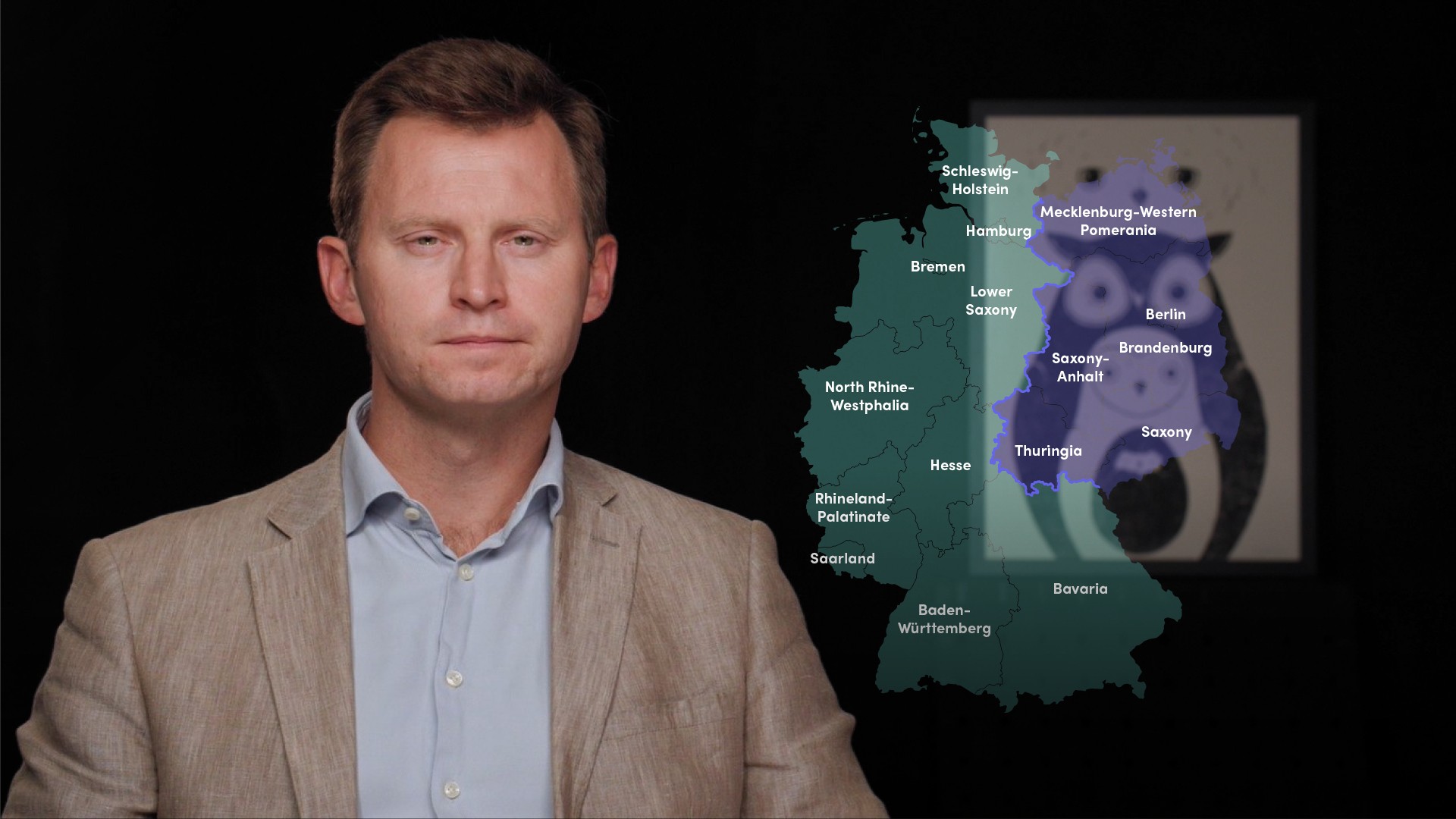
Mitigating UK Regional Inequality

Adrian Pabst
Deputy Director: National Institute of Economic & Social Research
In the second video on regional inequalities in the United Kingdom, we discussed how the UK has become so unequal and what is being done to tackle the inequality.

In the second video on regional inequalities in the United Kingdom, we discussed how the UK has become so unequal and what is being done to tackle the inequality.
Subscribe to watch
Access this and all of the content on our platform by signing up for a 7-day free trial.

Mitigating UK Regional Inequality
9 mins 15 secs
Key learning objectives:
Outline what needs to be done to tackle the problem
Understand how the United Kingdom became so unequal
Discuss the effect of the COVID-19 pandemic and Brexit on inequality
Overview:
In the second video on regional inequalities in the United Kingdom, we discussed how the UK has become so unequal and what is being done to tackle the inequality. Inequality in the United Kingdom has been on the rise for a long time, especially since the Global Financial Crisis. This is due to the fact that more prosperous regions tend to be more resilient from an economic shock, allowing them to recover quicker and develop faster than the areas that are not as resilient, increasing inequality over time.
Subscribe to watch
Access this and all of the content on our platform by signing up for a 7-day free trial.
How did the United Kingdom become so Unequal?
The United Kingdom has been an unequal country for a long time, but it is only getting worse. The UK is one of the most unequal countries of the 38 OECD nations. Following the 2008-09 Global Financial Crisis there was a positive relationship between regional inequality and economic growth, the more unequal a country was, the faster it grew. This applied to the United Kingdom. It has a few regions and cities that are more prosperous and resilient to economic shocks than others, which allow those regions to recover and develop more quickly than other areas after a shock, leading to a rise in inequality.
This gives rise to the question of whether inequality will rise following Brexit and the recovery from the COVID-19 pandemic, with London and the West Midlands being the only regions set to reach output levels of 4-5% above the pre-pandemic level, with other areas around the 2% level.
One of the main reasons for the level of inequality across the United Kingdom is the high degree of centralised power, with most spending decisions taken by the Treasury in London. OECD evidence for 1995 - 2011 suggests that fiscal decentralisation is positively related to national economic growth, productivity and human capital.
How can we Tackle Inequality?
In order to decrease inequality across the United Kingdom, power needs to be transferred away from the central government to allow decision making to be made at a local level. A first step has been taken, allowing spending to be decided at a local level through a block grant from London, however, revenues are still collected centrally by Westminster.
Subscribe to watch
Access this and all of the content on our platform by signing up for a 7-day free trial.

Adrian Pabst
There are no available Videos from "Adrian Pabst"


























